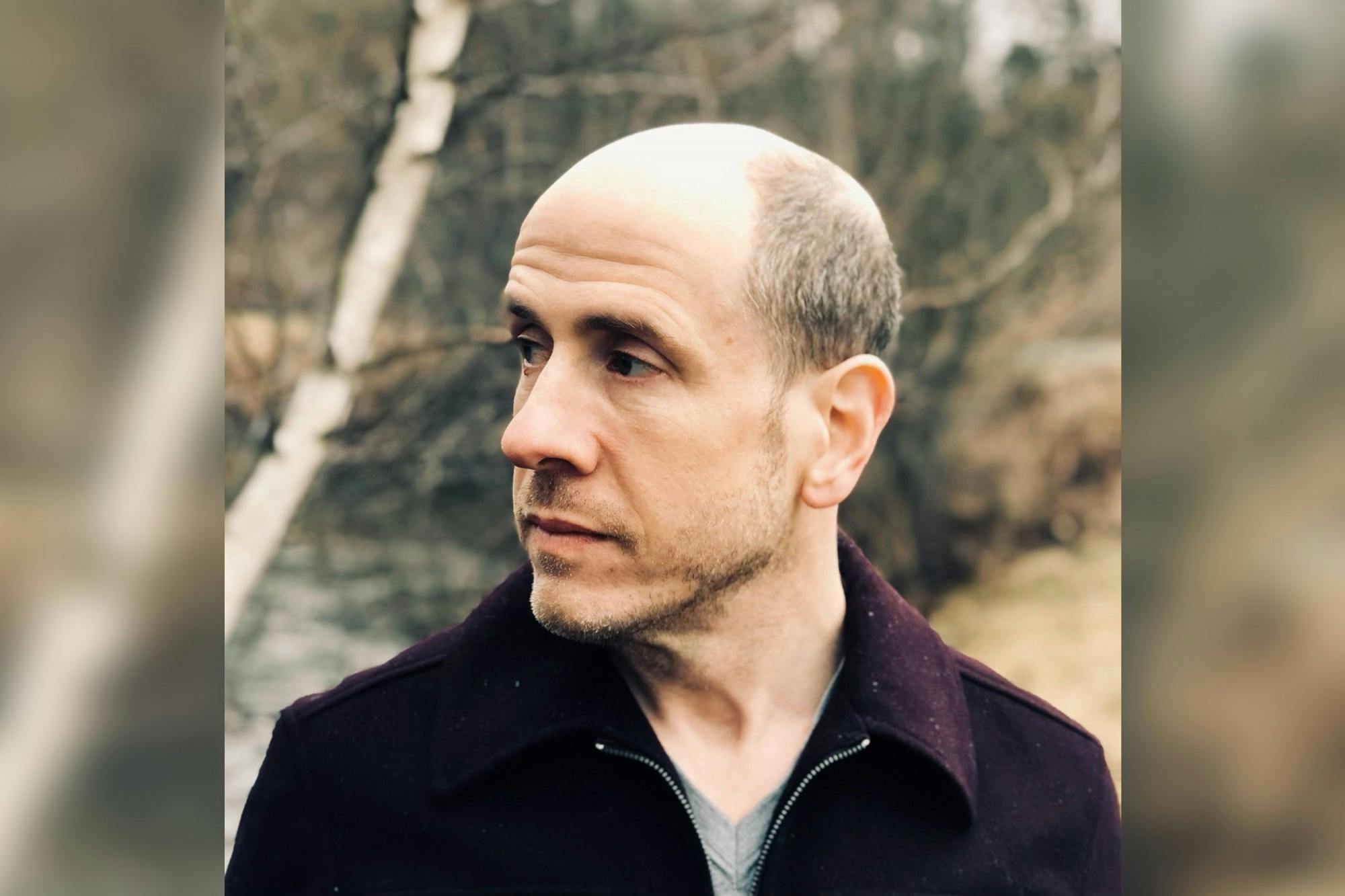Jeff Sharlet, a literary journalist and the Frederick Sessions Beebe ’35 writing professor, recently published “The Undertow: Scenes From a Slow Civil War,” a nonfiction book and New York Times Bestseller that explores America’s growing, extremist right-wing movement. As an author who has been writing about alt-right movements for the past 20 years, Sharlet describes “The Undertow” as an exploration of events of the last decade. The Dartmouth sat down with Sharlet to discuss the book and his other experiences in journalism.
Can you tell me about “The Undertow?”
JS: The title of “The Undertow” speaks to these gathering forces behind questions such as: Where did Trump come from? It was originally conceived before Jan. 6 as more of a collection of essays, but on Jan. 6, Ashley Babbitt — a 35 year old white woman who was part of the mob that attacked the Capitol and was killed by a Capitol police officer — became the central organizing premise of the book. Here was this white woman, killed by a Capitol police officer, a Black man. As soon as I saw that, I knew what the far right was going to do with that, because that is a very old American story. It is the idea that innocent white womanhood is used to justify violence against people of color. The book became a following of these mythologies that have been pulling us into these extremist spaces.
What were some of the most surprising things you’ve discovered in the process of writing “The Undertow?”
JS: All these years of writing about the right, I will say this — you don't want to give into ‘the sky is falling’ apocalyptic idea, but I can tell you that this is worse. This is certainly as close to the brink of civil war as we've been in my lifetime. This is in fact a more volatile situation than we have ever had. It surprises me even now how close we’ve let ourselves come.
What inspired you to write The Undertow?
JS: I thought I was done writing about right wing movements, but I have a non-binary child, and I’m writing for their future. I know how to go into these spaces, and I know how to ask these questions, and I know how to think about and ask questions about whiteness and white supremacy. We are in this country, and we are under threat of it. We better find out what is that thing that is endangering us.
How have your experiences with journalism affected your life?
JS: Some of those stories lead us toward a kind of beauty that we wouldn’t find otherwise. I was in Wisconsin after the end of Roe v. Wade, where abortion became immediately illegal. They reverted to 1849 law: No abortions, no exceptions. There was this young woman standing on a bridge and protesting alone. She’s holding this sign that says, ‘Your misogyny is showing.’ It takes some courage to protest on your own. There was this right-wing preacher, a big towering guy, and he’s standing over her and saying horrible things. She’s tiny and stands her ground. Without my journalism, I never would've met those courageous hearts — those people who give me hope.
How do you think some of the events over the last couple of years have affected “The Undertow?”
JS: If you look in the press, you learn that for every story that you see, there are actually a hundred times more. For every violent police killing we see, there’s so many more. We have schools who are stripping all their rainbows, and safe spaces no longer exist. This is institutionalized violence. There are those on the far right who believe in something called accelerationism: burn it down, make it burn faster. The problem is worse. It’s been accelerating very rapidly. There is an escalation of terror.
What do you hope the response to “The Undertow” will be?
JS: I hope that people like it. But also, I want it to help stop fascism. Fascist means the idea that there’s a strong leader who claims that he alone has the authority — as Donald Trump says, ‘I alone can fix it.’ It includes not just violence, but a pleasure in violence, which as I write in the book, is a feature of Trump rallies. I hear from folks who like the book. For instance, I was talking at Union College, and there was a student there who had been assigned the book, and he was a very ardent Trump supporter. And he read the book and he said, ‘I think I’ve changed my mind, and I’ve been drawn into this belief in the greatness of this man, and I think I was wrong and I have to reconsider this. And maybe there was some hate that was guiding me.’ So that’s fantastic.
This interview has been edited and condensed for clarity and length.




